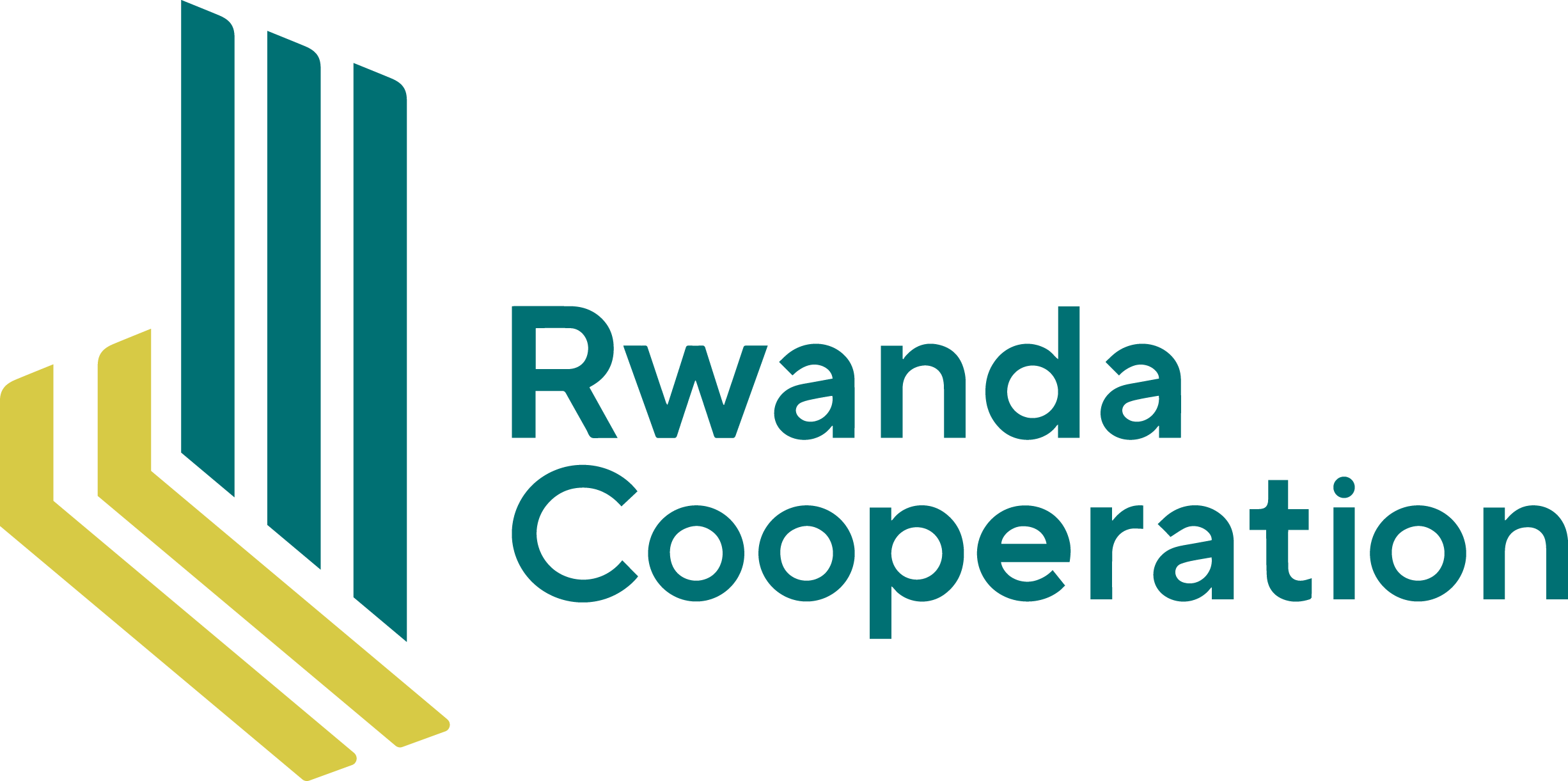2025
Rwanda-Eswatini Exchange on Governance and Service Delivery Model

Sharing Rwanda’s Journey of Transformation
The visit, rich in engagements and hands-on learning, offered the Eswatini delegation insights into Rwanda’s home-grown solutions and innovative practices that have propelled the nation’s socio-economic progress. Ms. Patricie Uwase, CEO of Rwanda Cooperation Initiative, provided an overview of Rwanda’s transformation journey, highlighting key milestones across governance, public service delivery, and citizen-centered development.
“The Kingdom of Eswatini is in the process of drafting legislation on local governance,” remarked Hon. Sikkhumbuzo Dlamini. “This visit provides a valuable opportunity to learn from Rwanda’s innovative practices and adapt them to our context.”
Key Deliberations and Knowledge Exchange
The delegation engaged with various Rwandan institutions, exploring strategic initiatives like the District Development Strategies (DDS) and the performance-based Imihigo framework. Key discussions were held with:
- Hon. Yusuf Murangwa, the Minister of Finance and Economic Planning, on aligning national and decentralized plans with strategic frameworks such as Vision 2050, NST II, and international commitments like the SDGs and AU Agenda 2063.
- Dr. Doris Uwicyeza Picard, the CEO of the Rwanda Governance Board, on the role of the Joint Action Development Forum (JADF) in fostering sustainable development through collaborative governance.
- Mr. Bob Gakire, the Permanent Secretary at the Ministry of Local Government (MINALOC), on decentralization, DDS implementation, and robust monitoring and evaluation mechanisms.
The delegation also met with Alphonse Rukaburandekwe, Director General of the Rwanda Housing Authority, to exchange views on housing development policies and their integration with local governance.
Field Visits: Witnessing Governance in Action
The delegation’s itinerary included visits to Bugesera and Gicumbi districts, where they observed practical applications of governance and community engagement. Highlights included:
- The VUP Public Works Program, showcasing community-driven approaches to job creation through labor-based practices.
- Integrated Development Model Villages, which demonstrated Rwanda’s commitment to holistic rural development, elevating living standards through synchronized housing, education, and healthcare projects.
The Eswatini team also witnessed the transformative role of technology in governance through Rwanda’s Irembo platform, a one-stop portal for accessing government services. Hon. Dlamini praised its efficiency, noting, “Irembo is a model of digital innovation that simplifies service delivery, and we are eager to replicate it in Eswatini.”
Tangible Outcomes and Future Collaboration
This study visit underscored the power of South-South Cooperation in fostering knowledge exchange and actionable results. Inspired by Rwanda’s success, the Kingdom of Eswatini is now poised to refine its local governance legislation, enhance service delivery mechanisms, and explore digitization initiatives tailored to its context. The collaboration between Rwanda and Eswatini reflects a shared commitment to driving sustainable development and advancing regional progress. Through initiatives like this, RCI continues to strengthen partnerships across Africa, championing the exchange of best practices for mutual growth and prosperity.
Published: January 06, 2025
By: Ingabire Angella Ngoga
Share
